For me to see the possibility of change, I think we need to add some practical and honest elements to the debate. And that’s what I’d like to get across with this blog post. We have to introduce new narratives to this issue, and frankly, as many narratives as it takes to make progress. For many, the brutal human cost of this problem is enough to motivate them toward action. But one angle that I think will resonate with those of practical mind on the Republican side is the real economic cost to not having a serious and realistic approach to immigration. At a time when we have serious labor shortages and soaring inflation, this country simply cannot afford to kick the immigration issue down the road any further.
Apart from Native Americans, everyone here is a descendant of immigrants. Immigrants have built this country from the start, and that must and should not stop. Whether one looks at who puts most if not all new roofs on our houses or the growing diversity of the medical community, it is just insane not to appreciate the value of immigrants. They are huge contributors to growing our economy. Just think about where Garden City and Dodge City would be economically today without immigrants.
There is a reason here in Kansas that the livestock industry and particularly the packing plants depend almost exclusively on immigrant labor. American citizens are not standing in line for such work. How do you think the crops we enjoy eating that require workers to hand pick are going to get harvested? Second generation Americans and beyond have or are moving up the ladder, seeking a better life for their family, thus requiring new immigrants who will take these essential jobs. If you enjoy the relatively low prices and the quality of life we have here in the United States, you should accept the fact that new people and cultures will be seeking to contribute and prosper from the economy and market that we have here—the largest in the world. This is what keeps our country dynamic and our economy growing.
With the status quo on immigration reform continuing, along with our declining birth rates, the population labor force numbers will soon just not work. Look at all the “help wanted” signs and job opportunities just not being filled. For those of you who think or know of others that believe that this problem would go away if only the lazy people who feed off of social programs would work: That logic has two big flaws. Those numbers do not begin to satisfy our needs and, secondly, the vast majority of people who need assistance (such as the eldery and those with disabilities) would be, for the moment, of little value in the workforce as it exists today. Complicating this further is the accelerated retirement of the Baby Boomer generation that we are beginning to experience.
So how does such a divisive issue ever get addressed? I’ve always bought into the belief that major challenges often require a real publicly understood crisis. And that crisis point could be coming soon. A couple key issues and potential turning points to watch in the headlines will be the court fight over Title 42 and the growing responsibility to take in refugees, especially from conflicts the United States has engaged in throughout recent decades. Both are opportunities to demonstrate—and reclaim—the values of our nation. Asylum-seekers would bring more capacity to the workforce and contribute in diverse ways to our economy, including through innovation and expertise they’ve gained in their home countries.
Whether it is in weeks or months, or in the next few years, we simply and obviously will not have enough workers. This must and should give Washington the push to enact immigration reform. Because, in a real crisis, the pressure to do something gets so intense that doing nothing is not an option. There will be immediate demand for action. Hopefully, in the current insane Washington environment with most Republicans politically crazy, that pressure will make the difference.
All this points to the necessity for a modern, up-to-date immigration policy that truly serves the best interests of the American people. At the outset, this policy should clearly communicate that “opening the borders” is not the direction being advocated. Instead, it must be well funded, efficiently operated, deal effectively with legitimate border security, and could even set limitations on numbers based upon workforce needs that are justified and specific. All of that could and should garner bipartisan support. This would not just help our economy but maybe show that having folks in Washington who work together does have some merit. Now is the time to bring practical energy and momentum toward real solutions to this complex and immediate issue. Our country’s future depends on it.

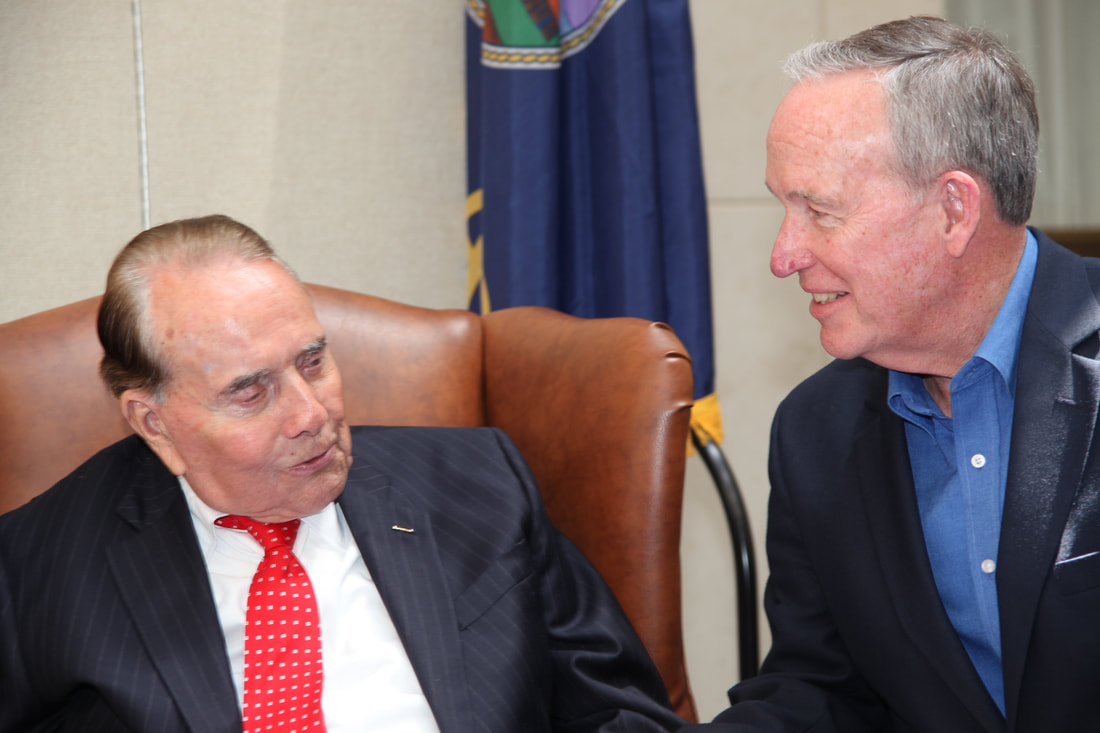
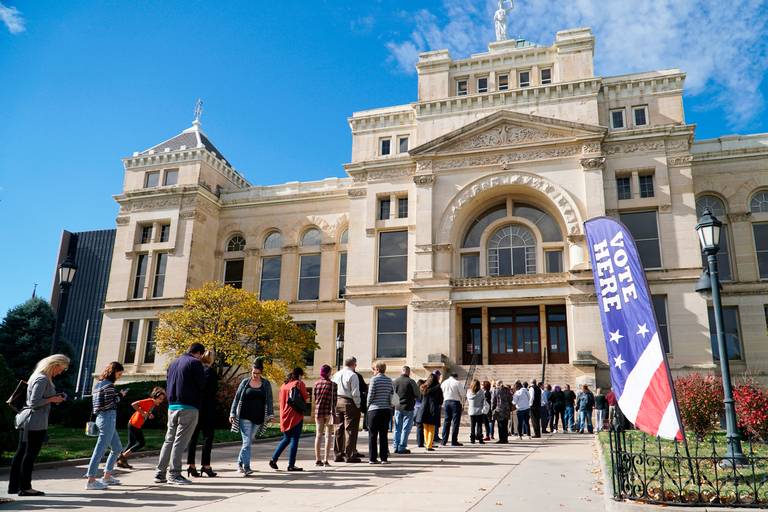




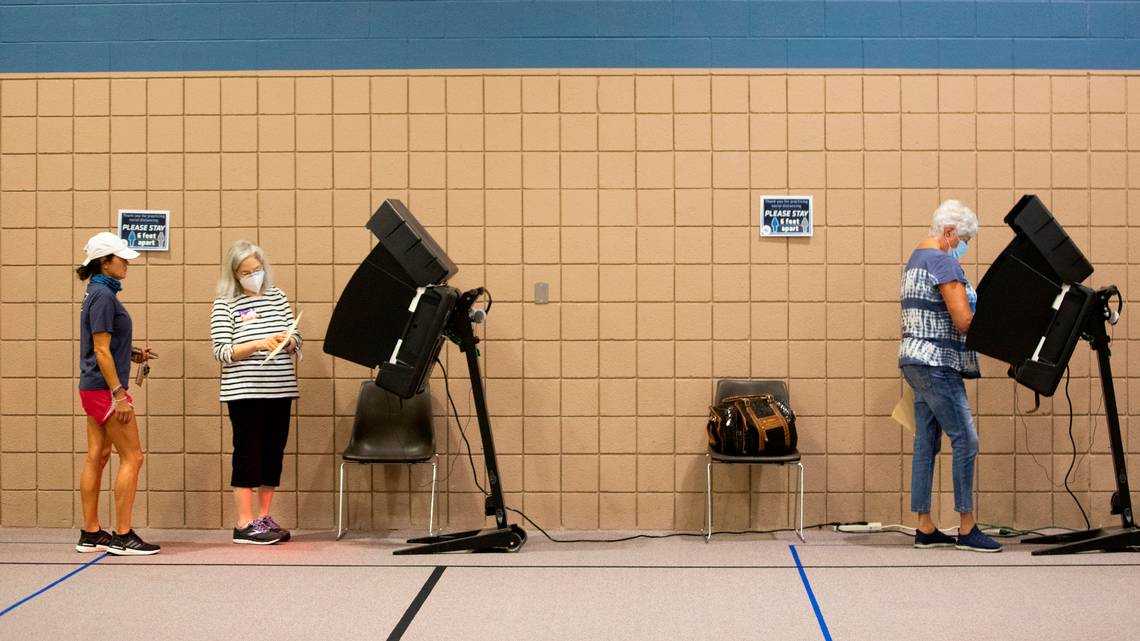
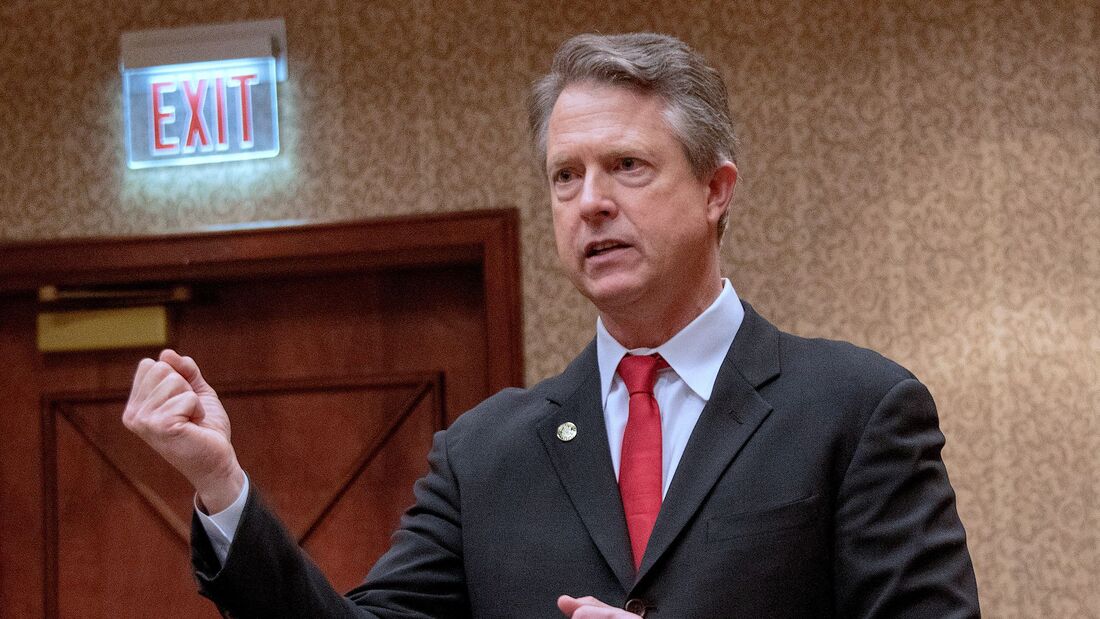


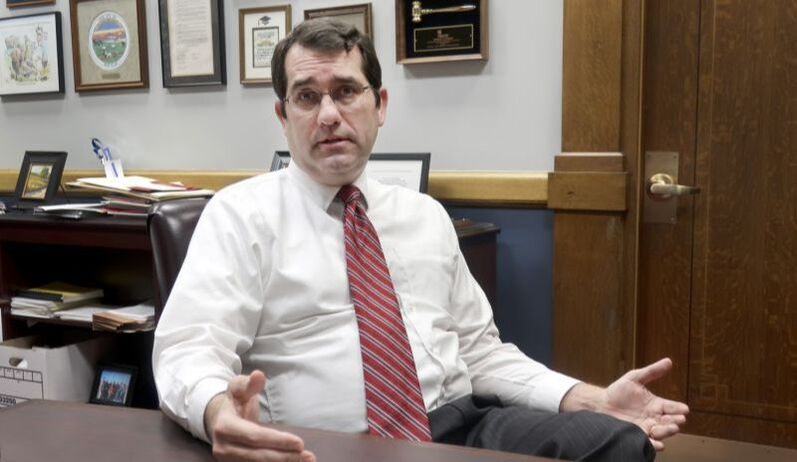

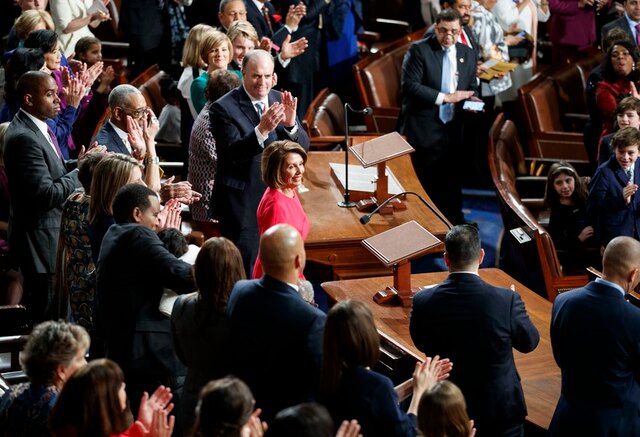
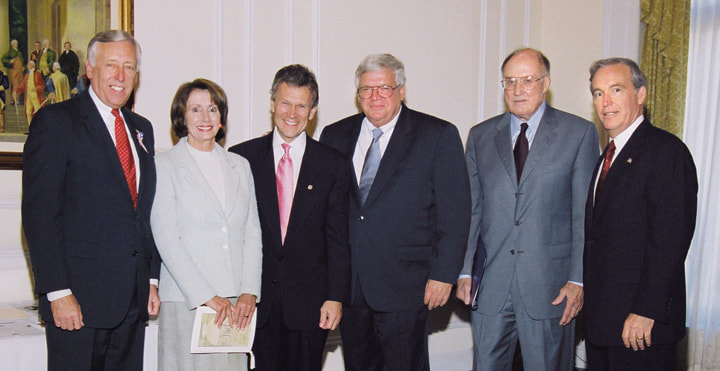

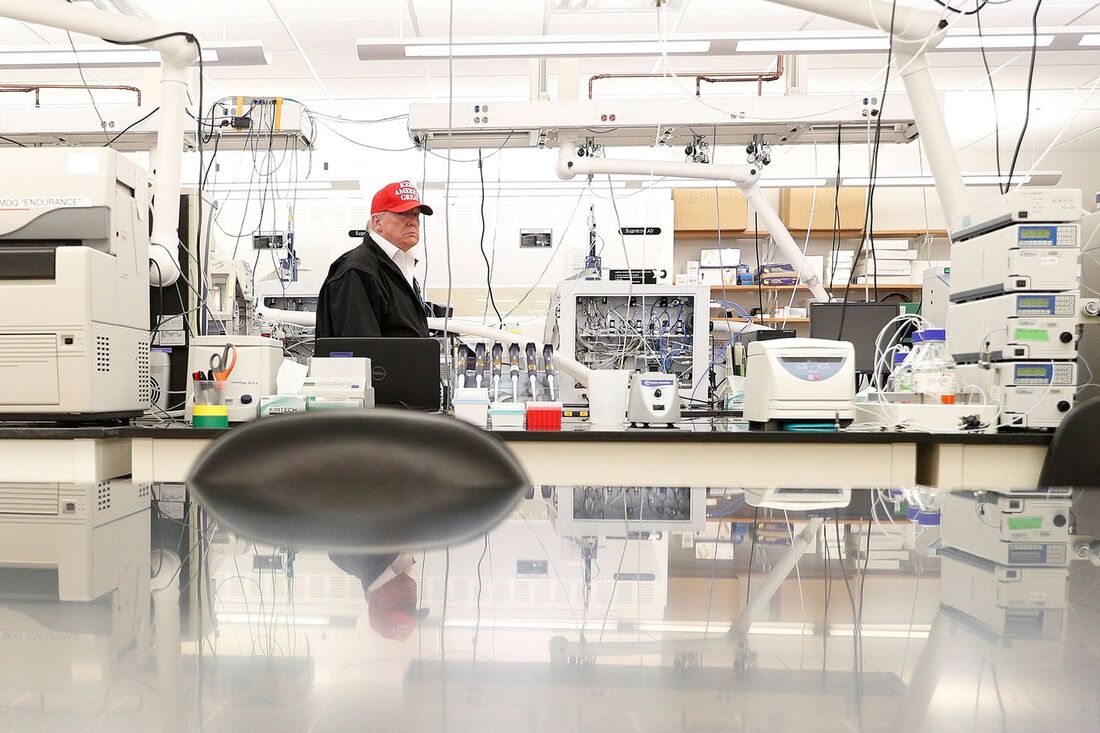


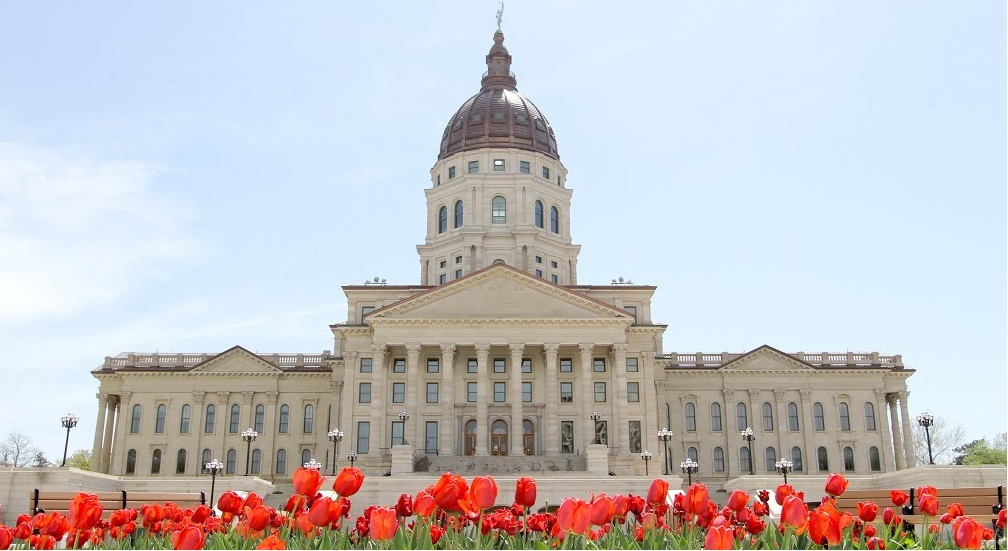
 RSS Feed
RSS Feed